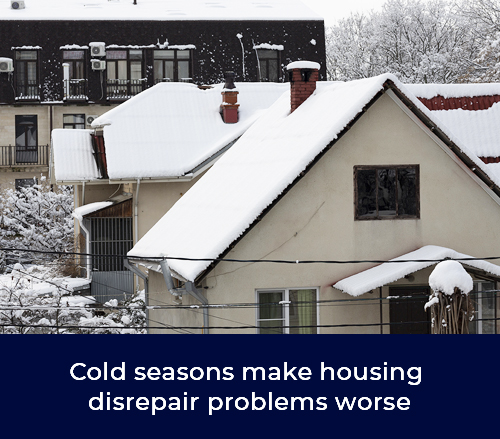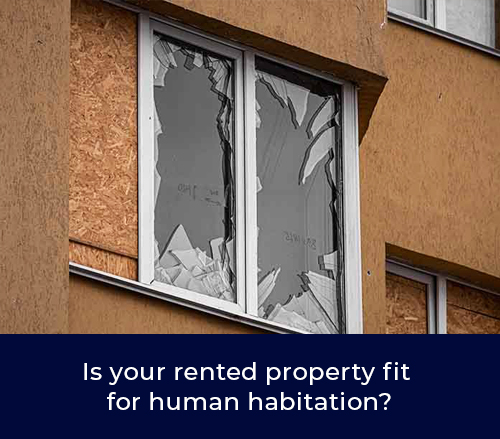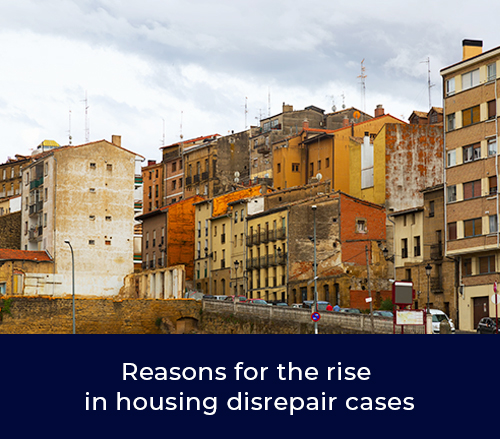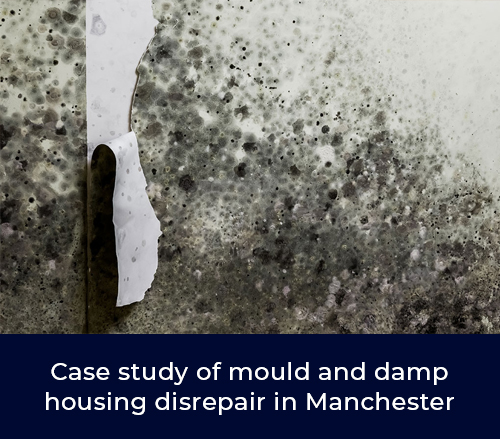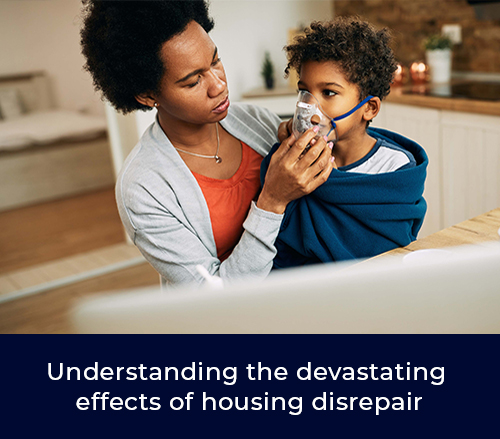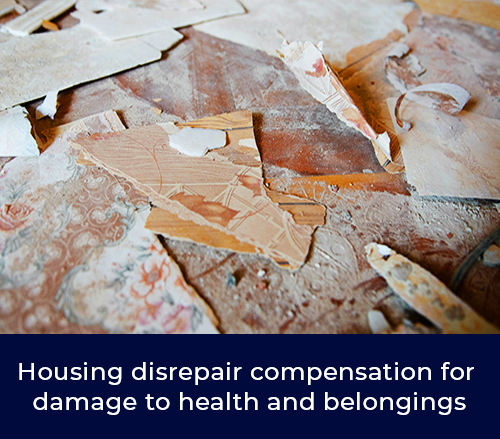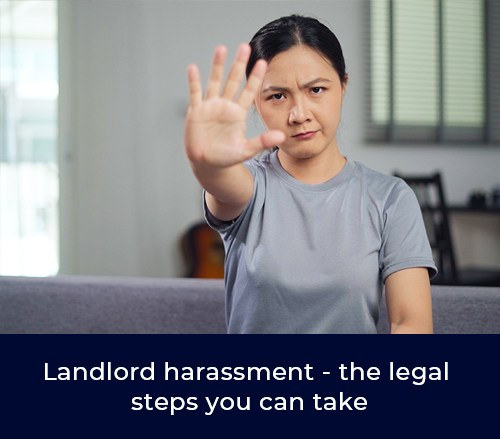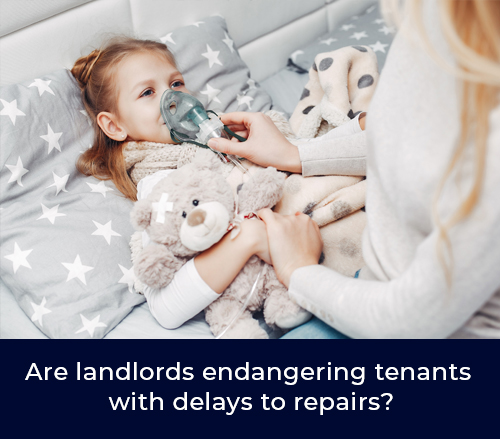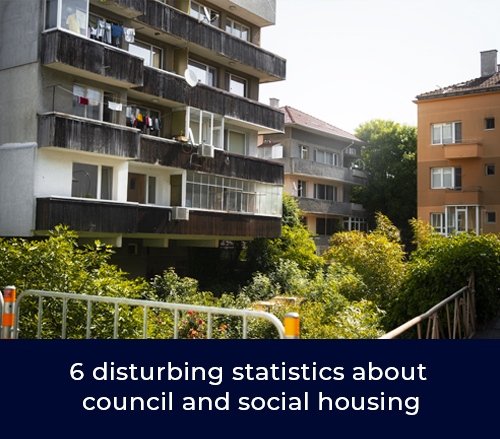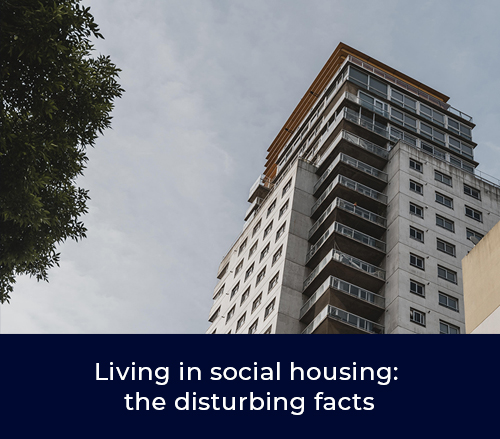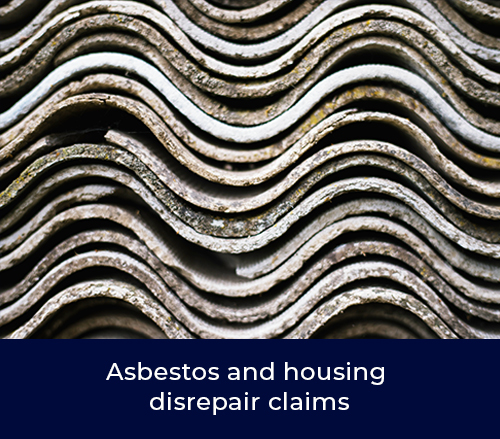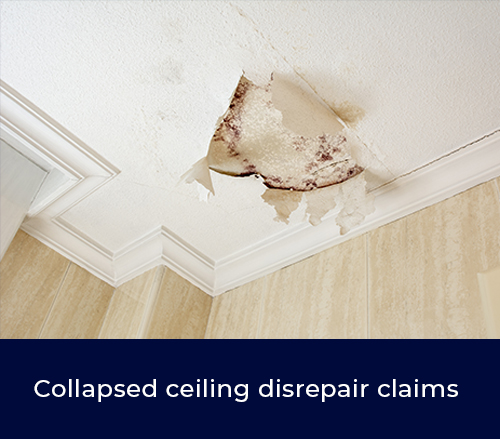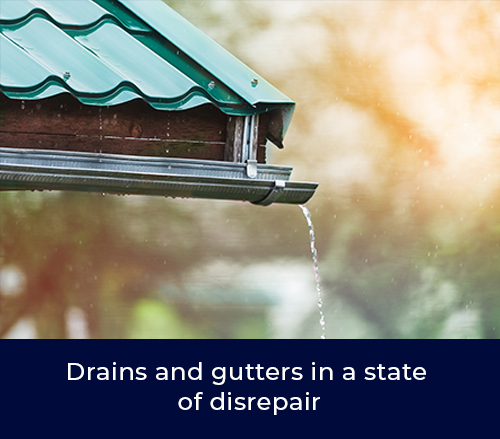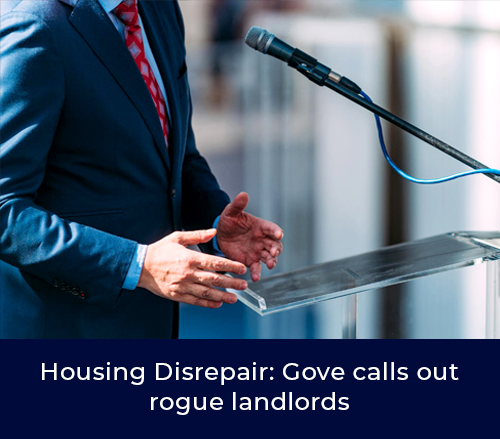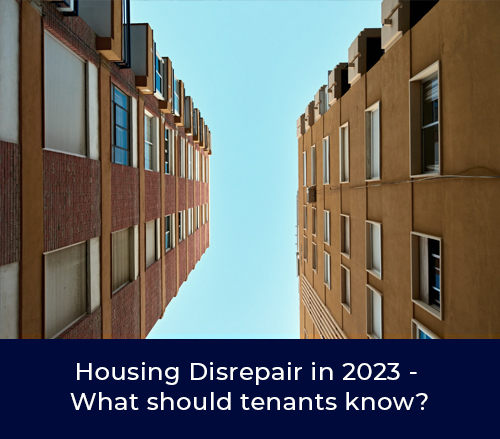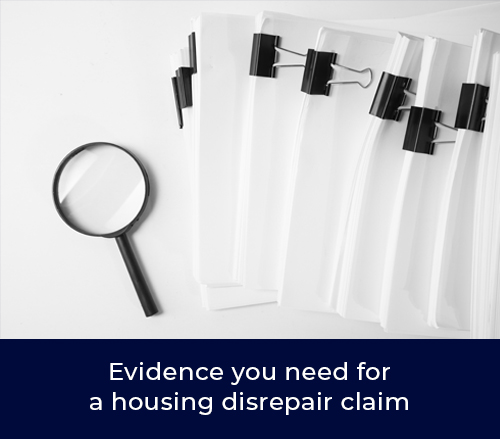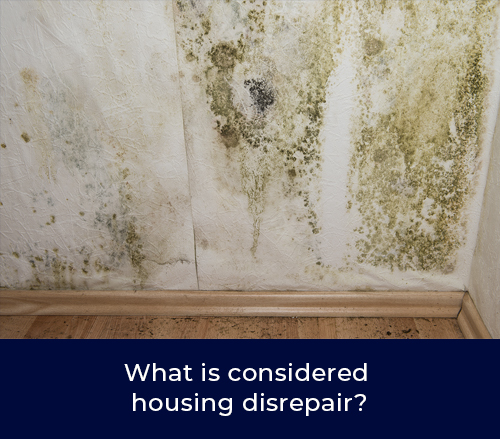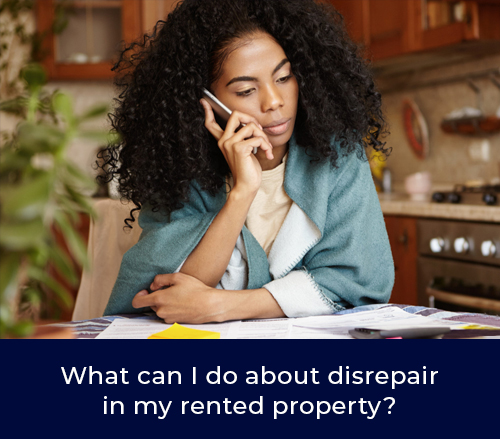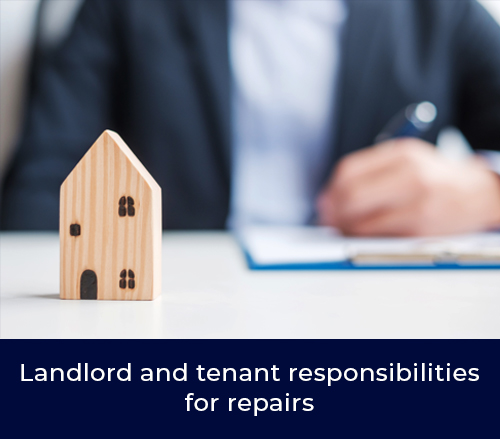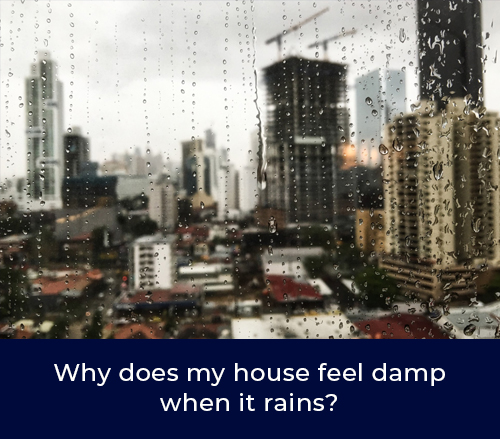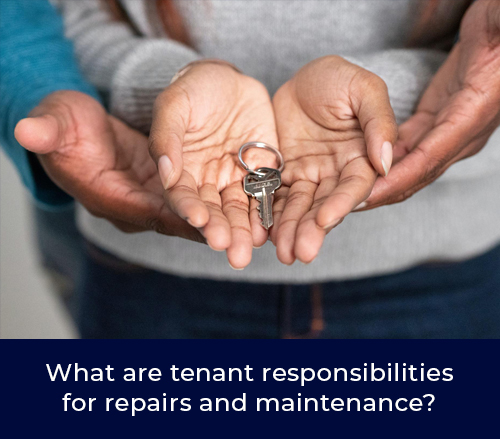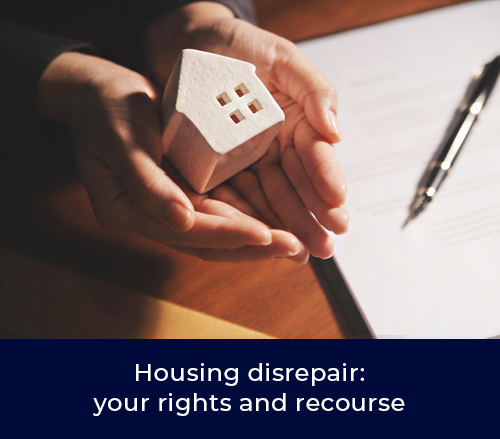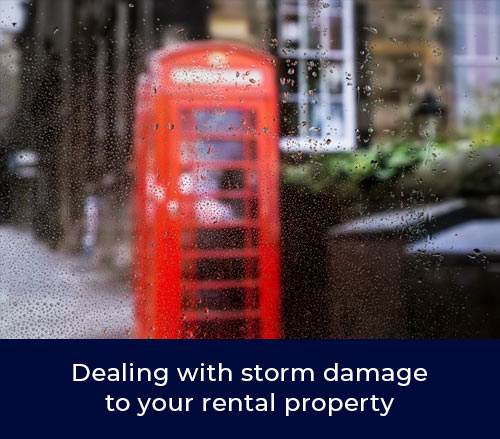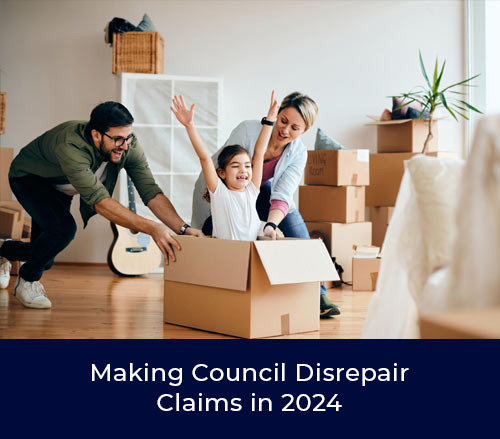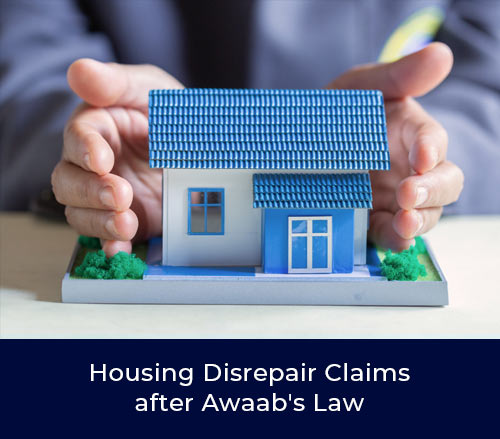Are landlords endangering tenants with delays to repairs?
Not only are many tenants today struggling with the rising cost of living and spiralling rents but many are living in substandard conditions because of landlords who are not meeting their legal and moral obligations.
Those in the rental market often have to pay a large portion of their earnings simply to put a roof over their heads. You would think the least that anyone should expect is a property that is fit to live in.
The English Housing Survey released in January this year found that nearly a quarter of homes in the private rental sector failed to meet the level of decency required by current guidance and law. 14% of homes in the survey were deemed to be unsafe and over 732,000 households could be considered overcrowded.
This problem not only affects the private rental market but social housing too, with some of the worst offenders likely to be local councils. The current crisis has led many who monitor the industry to strongly voice their opinion that weak legislation and lack of enforcement are having enormous consequences for millions of people across the UK.
What is the decent homes standard?
The Decent Homes Standard was introduced in the early 2000s and was designed to set minimum standards for housing. That means properties must be kept in a reasonable state of repair and should have modern facilities and services. The trouble is that the legislation surrounding the Decent Homes Standard is not enforceable by law in the private sector and only applies currently to social housing.
Most of the legal obligations landlords have are highlighted under the Fitness for Human Habitation Act 2018 but many believe that this lacks real teeth and hasn’t been taken seriously. Current data suggests that there could be more than 10,000 rogue landlords operating in the UK today.
The rise in health issues in rental properties
There have been several notable stories in the news recently that highlight the impact of housing disrepair cases. In the Guardian last November, one woman said she was taking her landlord to court for compensation after developing lung disease because of mould and damp in the property she was renting.
Her story comes not long after the death of Awaak Ishak in December 2020, a two-year-old who tragically developed respiratory failure following exposure to mould in a Rochdale rental property. An investigation by Manchester Evening News more recently found that Awaak Ishak wasn’t the only child at risk in the area. Other families since then have had to go to the hospital with children who have difficulty breathing because of damp and mould.
There are thought to be more than 300,000 households that are being exposed to problems such as this, many of them living in social housing. The trouble with mould is that once inhaled it can trigger inflammation, causing lung problems such as hypersensitivity pneumonitis. Those most at risk are the very young and elderly as well as those with underlying severe health conditions.
The distressing story of a woman who was found in a flat in swamp-like conditions from a leak that was never repaired is one extreme where landlords have been shown to renege on their responsibilities. This time it was the local council. It’s thought the woman may have been dead for several weeks before the alarm was raised. Complaints from supportive neighbours about the state of the property had gone unheeded by the council for more than 11 months previously.
Recently, The Guardian reported the story of a man in his late 30s who was suing Hackney council after developing sarcoidosis after spending 4 years living in a property that was plagued by damp and mould. The council consistently told the tenant that his damp and mould problem was because of his ‘breathing and cooking’.
Not all rogue landlords are getting away with bad behaviour. A landlord in Lincoln was handed a record fine after he was found guilty of 28 separate offences. The flats that he was in charge of had faulty wiring, broken smoke detectors and fire doors that were sealed shut along with damp areas where mould had become a problem.
What are a landlord’s obligations?
The Fitness for Human Habitation Act means that your landlord must provide a safe and habitable property for you to stay in. This applies whether you rent privately or through social or council housing.
For example, if part of your home is prone to damp, and mould is forming, you should have a reasonable expectation that your landlord will address this problem in a timely fashion. Other problems with rented accommodation can include broken or faulty heating or appliances, pest infestations and leaks.
If your landlord is not responding to your requests for repairs and you feel that you are being ignored, it’s important to get legal advice sooner rather than later, especially if there is potential damage to health or mental well-being.
Making a claim against your landlord
It can be daunting if you want to make a legal claim against a landlord and there are several reasons you might be reticent. You might, for instance, be worried that your landlord may try to evict you because you are ‘causing trouble’.
Landlords have a legal obligation to carry out repairs promptly and failure to do so can put them at risk of a claim from tenants.
You mustn’t just accept that you are not going to get your repairs done. Our housing disrepair expert team can look at any potential claim you might want to bring and give you advice on how to proceed. This service is confidential, and we will not contact your landlord directly unless you instruct us to do so.
If you are a housing association or council tenant with no rent arrears, contact us now and our experienced housing disrepair solicitors will fight on your behalf for your repairs and negotiate the maximum amount of compensation due to you. We work on a 100% No Win No Fee basis so you won’t pay anything unless we win.
Want to find out more? Contact our team in strict confidence to see how we can help.
Get in touch with one of our disrepair experts
Use the online chat on our website
Call us on 020 8578 7778
E-mail us contact@silveroaksolicitors.com
Visit us at our office. We are open Monday-Friday 9am - 5.30pm
When you first contact us, we will ask for some initial details, including your contact information and the nature of your enquiry. You can be assured that everything you discuss with us will be completely confidential, and any information stored by us will be in accordance with UK data protection regulations.



